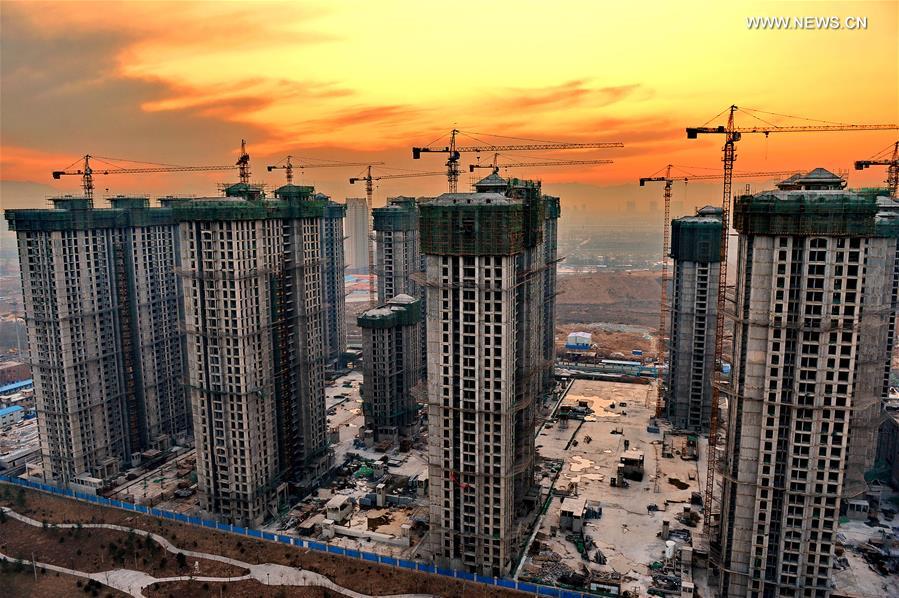China's home prices continue to stabilize
China's property market continued to show signs of cooling as home prices fell or posted slower growth in major cities amid tough control policies, official data showed Monday.
|
|
|
(Xinhua file photo) |
On a yearly basis, of the 70 cities surveyed in August, the pace of new home price growth slowed in 15 major cities compared with the same month of last year, the National Bureau of Statistics (NBS) said.
On a month-on-month basis, new home prices fell or remained flat in 13 cities in August, down from 14 in July, but up from 10 in June, according to the NBS data.
In Tianjin, Nanjing, Wuxi, Hangzhou, Hefei, Fuzhou, Jinan, Zhengzhou, Wuhan, Guangzhou, Shenzhen and Chengdu, new residential home prices fell in August from a month earlier.
Home prices in 15 major cities declined year on year, ranging from 1.3 percent to 6.6 percent in August.
The data provides fresh evidence that China's property market boom is running out of steam as the government continues cooling measures to squeeze asset bubbles.
"In first-tier and major second-tier cities the real estate market continued to stabilize in August, driven by targeted regulation policies," said NBS statistician Liu Jianwei.
The country's rocketing housing prices, especially in major cities, had fueled concerns about asset bubbles. Since the end of 2016, dozens of local governments have passed or expanded their restrictions on house purchases and increased the minimum down payment required for a mortgage.
The market was also cooled by relatively tightened liquidity conditions as the government moved to contain leverage and risk in the financial system.
This came after NBS data showed Thursday that growth pace in property development investment mildly retreated in the first eight months of the year.
In the January-August period, China's fixed-asset investment hit 39.42 trillion yuan (more than 6 trillion U.S. dollars), up 7.8 percent year on year. But the pace was slower than the 8.3-percent increase in the first seven months.
Commercial housing sales measured by floor area gained 12.7 percent in the January-August period, retreating 1.3 percentage points from January-July.
By the end of August, 623.5 million square meters of property remained unsold, down by 11.4 million square meters from a month earlier, official data showed.
"The year-on-year price data remained within expectations, showing government cooling measures have gradually taken effect," said Yan Yuejin, senior researcher with E-house China R&D Institute.
Fewer cities, only 46 out of 70, saw home price rises in August.
The asset bubbles were squeezed further in the first-tier cities, according to Yan, citing month-on-month price drops in these cities.
China should accelerate the establishment of a long-term mechanism to stabilize the property market, said Liu Hongyu, head of the real estate research institute at Tsinghua University.
A long-term mechanism should feature increased land supply and a sound housing finance system, real estate tax system and urbanization infrastructure construction, Liu said.
